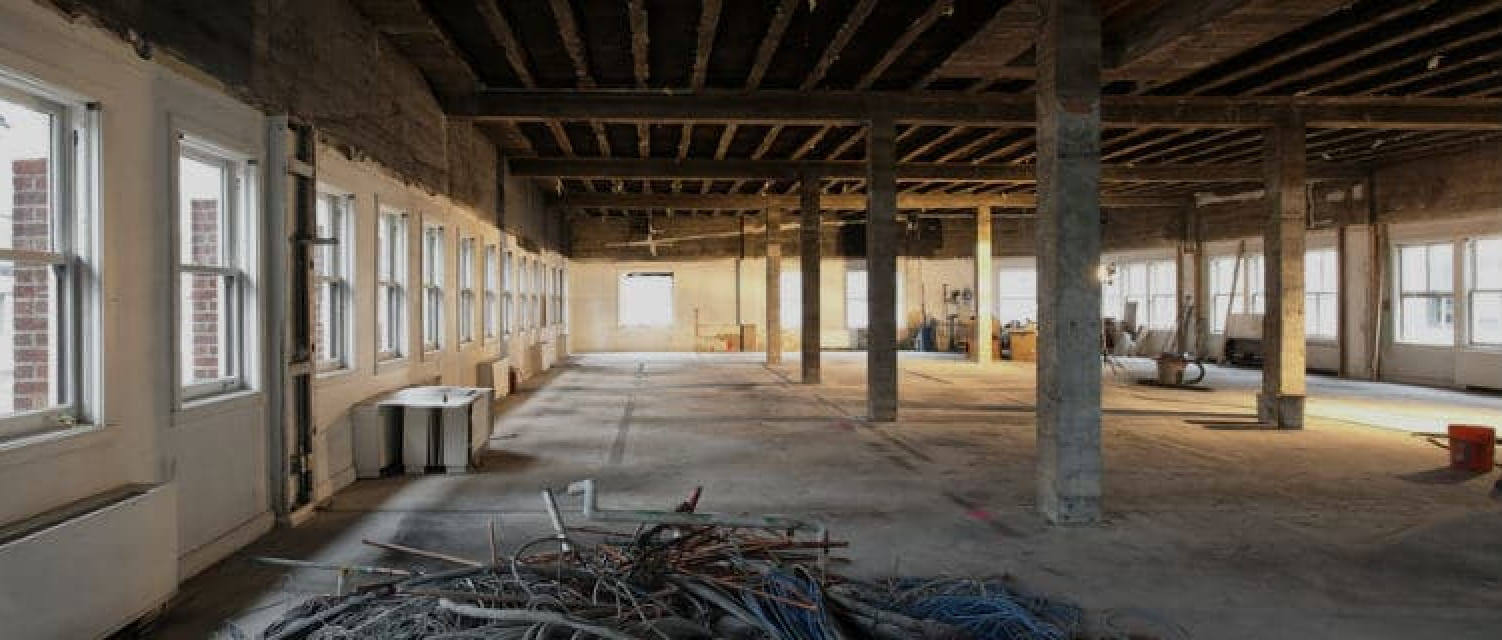In today’s competitive real estate market, it is crucial for property owners to stay informed about the latest trends and best practices in commercial and private premises construction, renovation, and maintenance. This comprehensive guide will provide you with essential information on various aspects of property management, including water leak detection and commercial property maintenance.
Construction and Renovation: Building Foundations for Success
Whether you are building a new office space, retail outlet, or residential property, careful planning and execution are required to ensure the success of your project. The following factors should be considered during the construction and renovation process:
Site selection and assessment: Choose a suitable location based on the specific requirements of your project, including zoning regulations, proximity to amenities, and environmental considerations.
Design and planning: Collaborate with architects and engineers to develop a functional and aesthetically pleasing design that meets your needs and adheres to local building codes and regulations.
Material selection: Opt for high-quality, durable materials that will withstand the test of time and keep your budget in mind.
Project management: Engage a professional project manager to oversee the construction or renovation process, ensuring that all tasks are completed on time and within budget.
Compliance and certifications: Obtain the necessary permits, approvals, and certifications to ensure that your project meets local regulations and industry standards.
Water Leak Detection: A Crucial Aspect of Property Maintenance
Water leaks can lead to significant damage, increased utility bills, and potential health hazards if not addressed promptly. Incorporating water leak detection into your commercial property maintenance plan is essential to safeguard your investment. Here are some key steps to detect and prevent water leaks in your property:
Regular inspections: Conduct routine visual inspections of your property’s plumbing system, focusing on areas prone to leaks, such as pipes, faucets, and fixtures.
Advanced technology: Utilise advanced water leak detection technologies, including acoustic sensors, infrared cameras, and moisture meters, to identify hidden leaks that may be challenging to detect through visual inspections.
Professional assistance: Engage a professional water leak detection specialist to perform thorough inspections and repair any detected leaks.
Preventative measures: Implement preventative measures, such as proper insulation, regular maintenance of plumbing fixtures, and the installation of water-saving devices, to reduce the risk of water leaks.
Commercial Property Maintenance: Key Strategies for Optimal Performance
Maintaining your commercial property is essential to ensuring its longevity, functionality, and value. A well-maintained property not only attracts tenants and customers but also prevents costly repairs and downtime. Incorporate the following strategies into your commercial property maintenance plan:
Scheduled maintenance: Establish a regular maintenance schedule for critical systems and equipment, including HVAC, plumbing, electrical, and security systems.
Reactive maintenance: Address any unexpected issues or repairs promptly to minimise disruption and potential damage to your property.
Preventative maintenance: Identify potential issues before they escalate by conducting routine inspections, equipment servicing, and system testing.
Tenant communication: Maintain open communication with tenants to address their concerns and ensure that they adhere to property maintenance guidelines.
Energy efficiency: Implement energy-efficient practices and technologies to reduce utility costs and enhance your property’s sustainability credentials.
Safety and security: Ensure that your property meets all safety and security requirements, including fire protection, access control, and emergency preparedness.
Grounds and landscaping: Maintain the property’s exterior and landscaping to enhance its curb appeal and ensure a safe and welcoming environment.
Pest control: Implement regular pest control measures to prevent infestations that can cause damage to your property and negatively impact tenant satisfaction.
Waste management: Develop an efficient waste management system for your property, including recycling, waste collection, and disposal. Consider working with professional waste management companies to ensure compliance with local regulations and environmental best practices.
Accessibility: Ensure that your property meets accessibility requirements for people with disabilities, including ramps, handrails, and other necessary accommodations. Regularly review and update your property’s accessibility features to maintain compliance with relevant standards and regulations.
Legal compliance: Stay informed about local, state, and federal regulations governing commercial property maintenance and management. Regularly review your property’s compliance with these regulations and make necessary updates to avoid potential fines or legal issues.
In conclusion, successful commercial and private premises construction, renovation, and maintenance require a comprehensive approach that encompasses various aspects of property management. From selecting the right materials and designs to implementing effective water leak detection and commercial property maintenance strategies, a proactive approach is key to ensuring your property’s long-term success. By following these guidelines, you can protect your investment, enhance tenant satisfaction, and maximise the value of your property.
You may also like
-
Choosing the Best Pool Contractor in Indiana: Why Wetscapes Fiberglass Pools Stands Out
-
Top Civil Engineering Innovations Transforming Philippine Construction
-
Efficient Cleaning and Care Techniques for Different Surfaces in Your Home
-
Everything You Need to Know About Home Window Replacement and Custom-Designed Window Installation
-
Transform Your Garden with Ashdale Fencing

